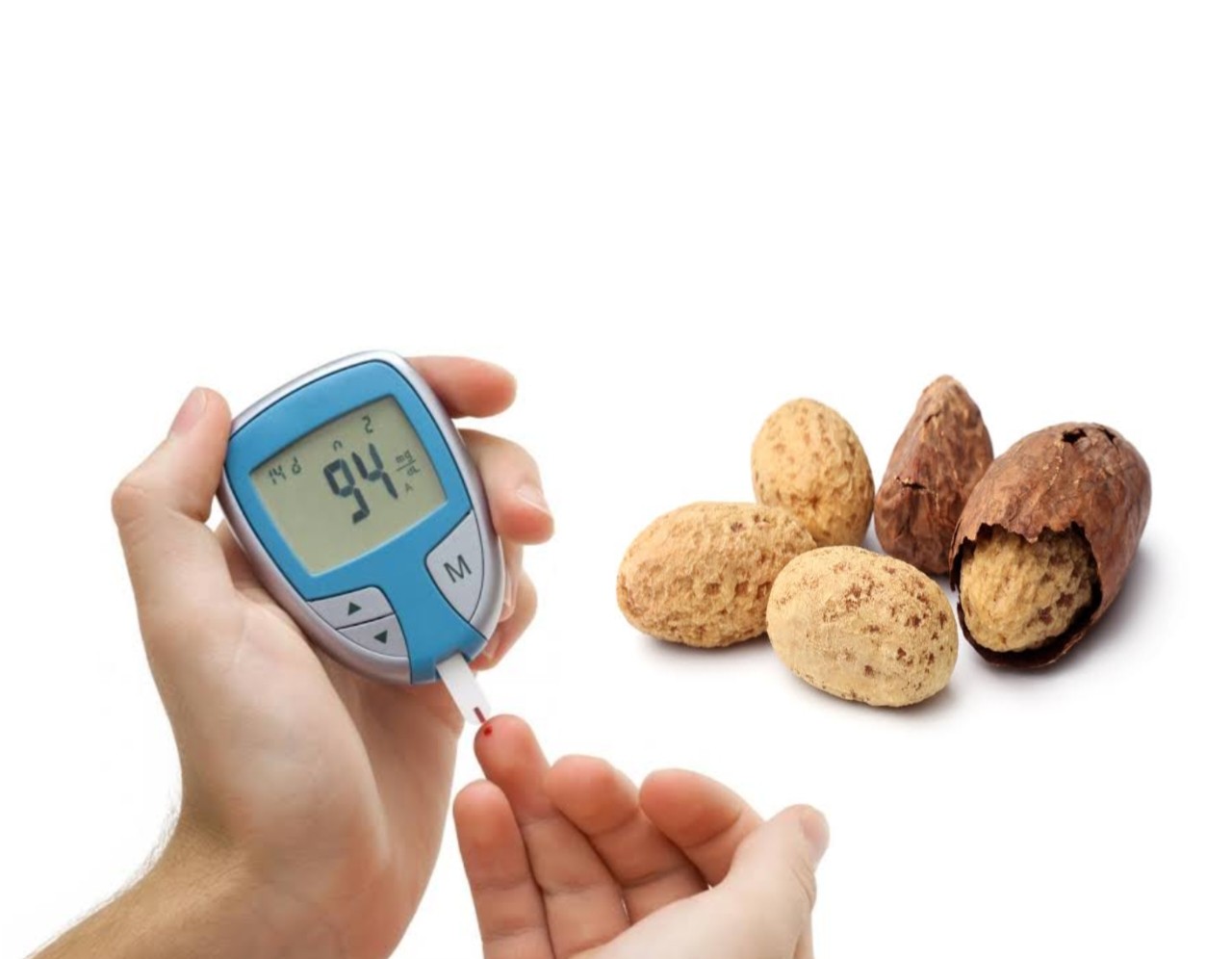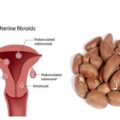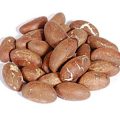Diabetes is a chronic disease that impairs the body’s ability to process blood glucose, otherwise known as blood sugar. There are several types of diabetes, which have various treatments. In the United States, the estimated number of people of all ages living with diagnosed and undiagnosed diabetes is 34.2 million. Experts in the health sector declared that 11.2 million are currently living with the condition in Nigeria.
Without ongoing, careful management, diabetes can lead to a buildup of sugars in the blood, which can increase the risk of dangerous complications, including stroke and heart disease.
Different kinds of diabetes can occur, and how people manage the condition depends on the type. Not all forms of diabetes stem from a person being overweight or leading an inactive lifestyle. Some are present from childhood.
The most common types of diabetes include type 1, type 2, and gestational diabetes, which we cover in more detail below. Less common types of diabetes include monogenic diabetes and cystic fibrosis-related diabetes.
What is Bitter Kola?
Bitter Kola also known as Garcinia kola is a species of flowering plant in the Clusiaceae or Guttiferae family. It is found in Benin, Cameroon, the Democratic Republic of the Congo, Ivory Coast, Gabon, Ghana, Liberia, Nigeria, Senegal and Sierra Leone. Its natural habitat is subtropical or tropical moist lowland forests. Bitter kola is known in Yoruba language as Orogbo, in Hausa as Mijin-goro, and in Igbo as Akiilu. The mineral and phytochemical analysis of this plant revealed that the nutritional and medicinal health benefits of bitter kola are linked to the high levels of vitamin C, calcium, potassium, and iron. The plant is also rich in vitamins A, C, E, B1, B2, and B3, fiber, tannin, sapoium, phytic acid, phenol, Trypsin inhibitor, sterol, flavonoid, Alkaloid, oxalate, caffeine and Hydrogen cyanide.
Is Bitter Kola Good For Diabetes?
Yes, studies have shown that better kola is a very good blood sugar-lowering herbal remedy. According to a study published in the Current Topics in Medicine and Medical Research, bitter kola is a rich source of kolavirons and flavonoids which have therapeutic benefits for diabetes and other ailments. These active compounds in Bitter Kola have been proven to regulate blood sugar levels in the blood by reducing and normalizing it, with prolonged use.
A number of clinical studies have been carried out in recent years that show potential links between herbal therapies and improved blood glucose control, which has led to an increase in people with diabetes using these more ‘natural’ ingredients to help manage their condition.
However, before using butter kola for diabetes, discuss your plans with your doctor and diabetes healthcare team first to ensure they are safe for your condition because concurrent administration with other medications can affect how they work and increase the risks of side effects.
How To Use Bitter Kola For Diabetes
In the management of diabetes, consume 1- 2 nuts of bitter kola at least twice a day for best results. Chew bitter cola extensively until a fine bitter-sweet puree has formed in your mouth before swallowing.
Bitter kola can be chewed, at any time during the day, uncooked, like many other nuts. You can sometimes find drinks made or flavored with bitter kola at African markets and online stores. If you don’t like the taste but want to introduce bitter kola to your diet, these drinks may be a good option.
However, the sugar content of most of these drinks contains loads of added sugar. Excessive amounts of added sugars have been associated with an increased risk of type 2 diabetes, likely due to negative effects on the liver and a higher risk of obesity.
Alternatively, you can blend or grind your bitter Kola nuts and mix with coconut water which also has the potential to reduce blood sugar and diabetic retinal damage according to new studies.
Bitter Kola Side effects
Consumption of bitter kola nuts is safe when taken by mouth in medicinal amounts, short-term. The most common side effects associated with bitter kola are:
- Stomach cramps: This manifest as pain from inside the abdomen or the outer muscle wall, ranging from mild and temporary to severe.
- Dry mouth: Bitter kola can cause dry mouth or xerostoma, a condition in which the salivary glands in your mouth do not make enough saliva to keep your mouth wet.
- Insomnia: Due to its caffeine content., bitter kola can cause insomnia a sleep disorder that is characterized by difficulty falling and or staying asleep.
- Rapid heartbeat: Bitter kola can cause short-term increases in pulse and blood pressure. A rapid or fast heartbeat is when your heart is beating faster than normal. A normal heart rate is 60 to 100 beats per minute.
- Nausea: Bitter kola-induced nausea is an unpleasant, diffuse sensation of unease and discomfort, often perceived as an urge to vomit. While not painful, it can be a debilitating symptom.
- Diarrhea: Bitter kola can cause diarrhea in some people. You have diarrhea if you have loose stools three or more times in one day.
- Allergic reaction: Bitter Kola is not suitable for everyone. Some people can develop hives, and itchy skin rash after consuming bitter kola.





